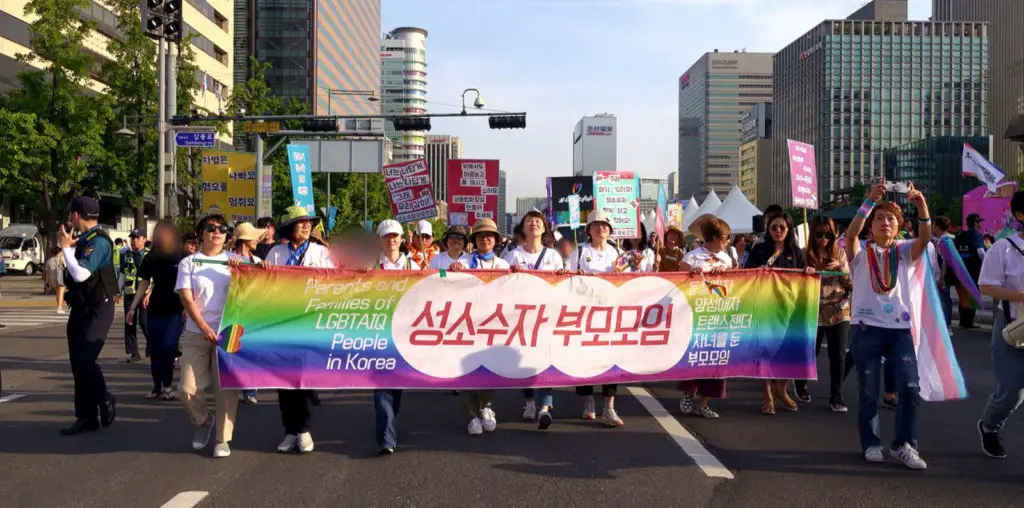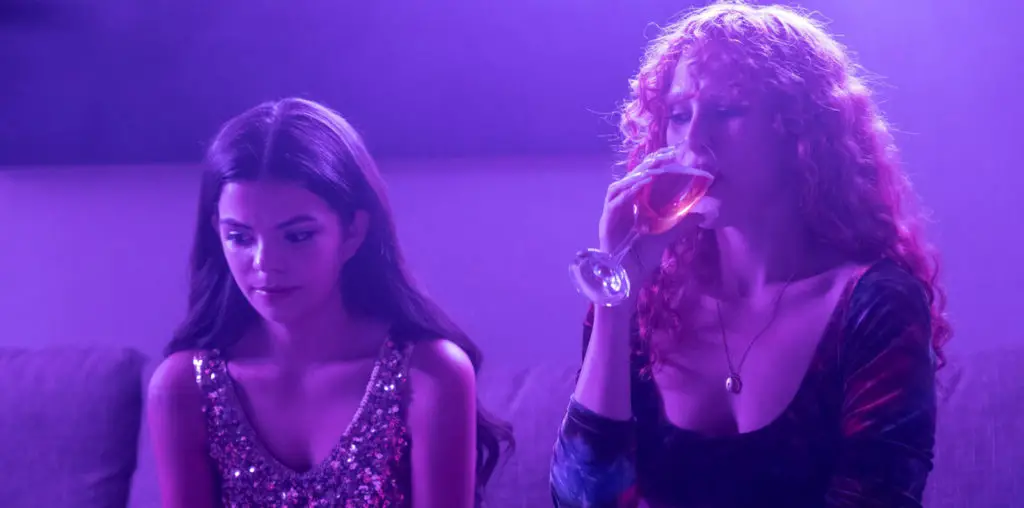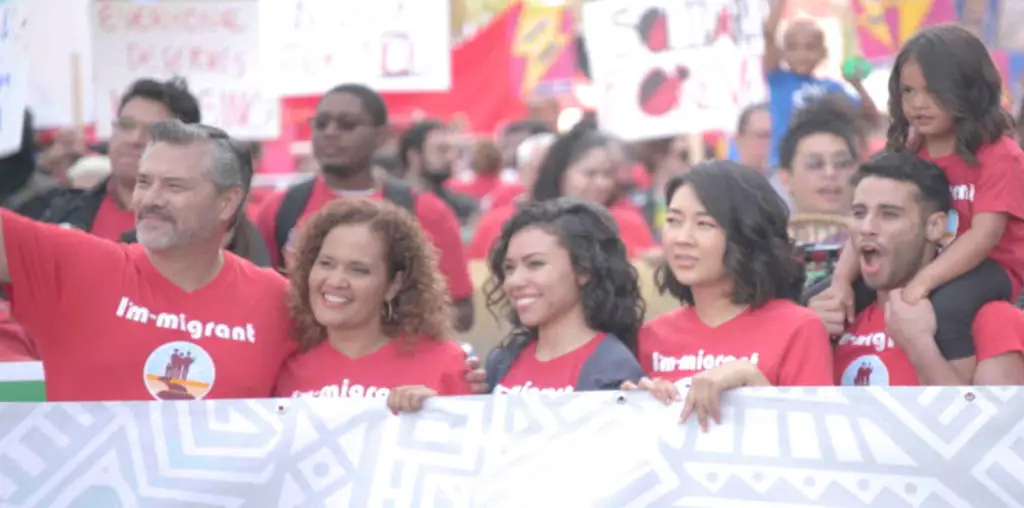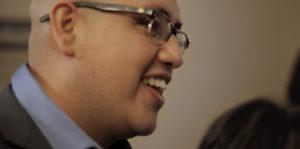
The documentary Unseen is a rare glimpse into a world entirely unknown to most people. Over seven years, director Set Hernandez filmed and followed his friend Pedro, an undocumented immigrant and blind aspiring social worker, as he navigated his life to complete a college degree, maintain job security, and transform his mental health to support his family and those around him. Anxiety and fear are a part of anyone’s journey, but to handle it, being undocumented and blind is quite another situation and level of unwanting despair.
Following his dreams, Pedro finds healing and the ability to heal others, including director Set Hernandez, who shares his journey in making Unseen as an unexpected benefit to following and being at Pedro’s side for so long. Through experimental cinematography and sound, Unseen reimagines a cinema accessible for blind/low-vision audiences while exploring the intersections of immigration, disability, and mental health.
The beauty of Unseen is experiencing Pedro’s everyday life in the condition he exists in with his service dog Tyler, who is friendly and allows people to pet him, establishing an environment to understand what it’s like to be blind. Within the first few minutes of Unseen, we travel on a bus with Pedro and immediately experience what it’s like to be handicapped and using public transportation—no pun intended, but it’s eye-opening. Women talk to him about free passes and assistance in a believable, friendly community space with acceptance because Pedro is likable—no matter his disability or anything else society may define him as.
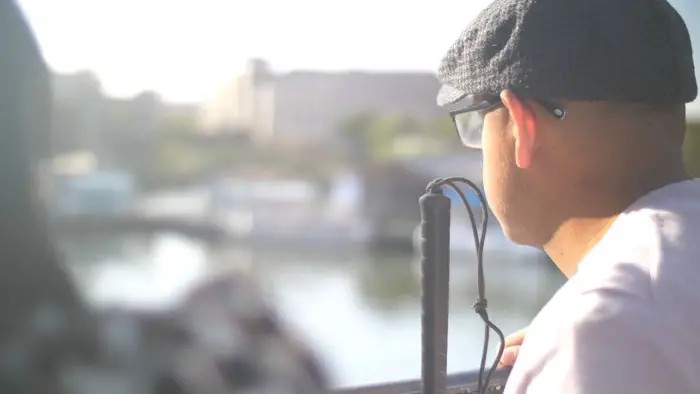
“…an undocumented immigrant…navigated his life to complete a college degree, maintain job security, and transform his mental health…”
Bilingual and loved, Pedro diligently studies and worries about those around him. His relationship with Set is a bond that allows Unseen to go beyond its documentary platform to an experimental level where the blurring and often beautiful imagery removes you from looking and searching to the introspection of understanding how being blind offers new sensory experiences. In addition, Unseen dives into Pedro’s biggest concern about being deported and how his family has risked everything to help him succeed. They would be left with nothing.
Through Pedro’s forging forth, we learn what it takes to live with blindness—studying Braille, using the white cane, and navigating life, especially as an undocumented person who is unable to continue to make strides in a life he believes he can achieve. Pedro speaks of shame, guilt, and being undeserving, which parallels Set Hernandez, who utilizes these emotions to provide a deeper context to Unseen. As a gay man, Set finds strength from Pedro.
Perhaps a longer-than-needed documentary, its experimental presentation provides a sense of a journey where traditional methods may have come up short. Offering advocacy and interest for those making a difference like Pedro, Unseen is a unique insight into allowing those who are disabled to follow their dreams and desires, especially as individuals who often give back more. Pedro’s willingness to be a social worker is realized as he eventually can help others in similar situations. He can celebrate with family and friends and provide others with hope.
Unseen is a title with many meanings—blindness, undocumented, social change, and more. It also includes a lovely ending with Pedro announcing the credits, making it feel like a full circle of change has occurred. However, what is most important about Unseen is that it should be seen.
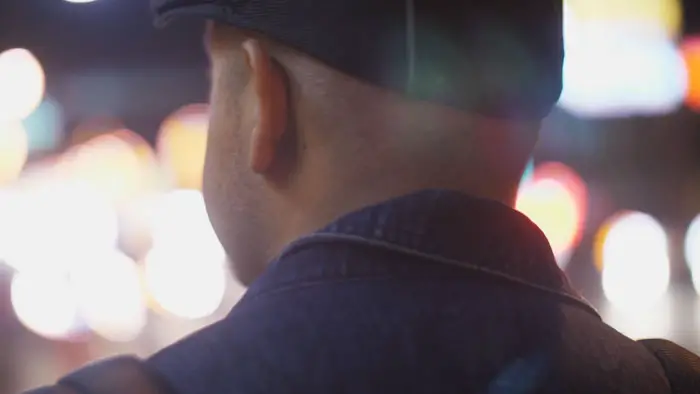
"…what is most important about Unseen is that it should be seen"
